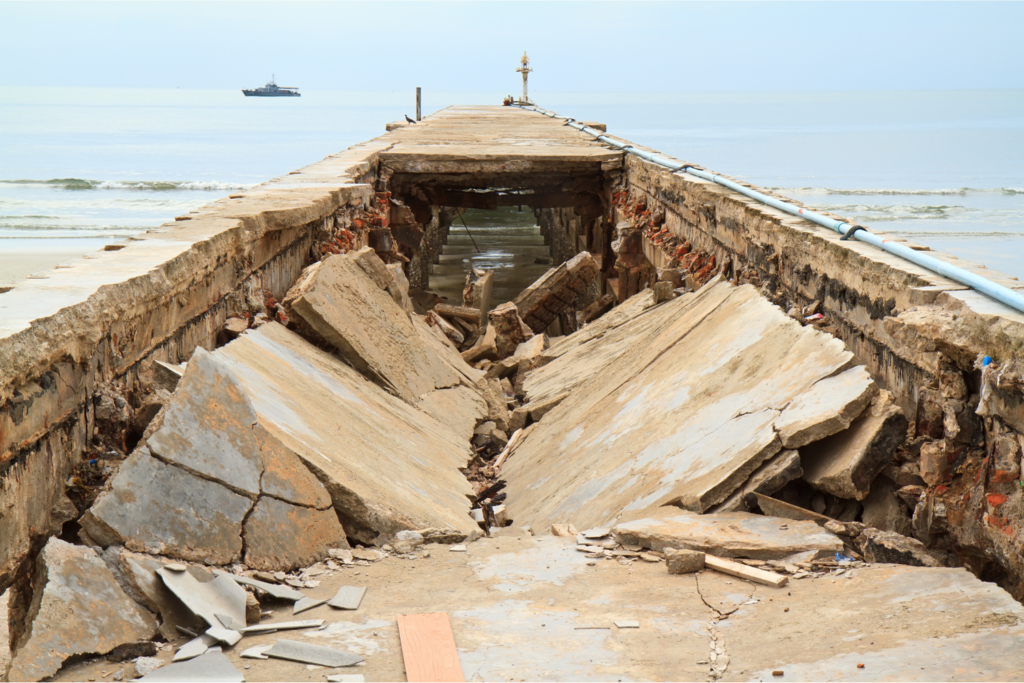The Steepness of the Slope
The author examines the mathematical and systemic nature of civilizational collapse, tracing how societies both ancient and modern follow what he calls the “Seneca Cliff”: a slow ascent of growth and complexity followed by a rapid, self-reinforcing decline. Drawing on complexity theory, systems dynamics, and historical examples such as the Roman Empire, the Maya, and […]
The Steepness of the Slope Read More »










